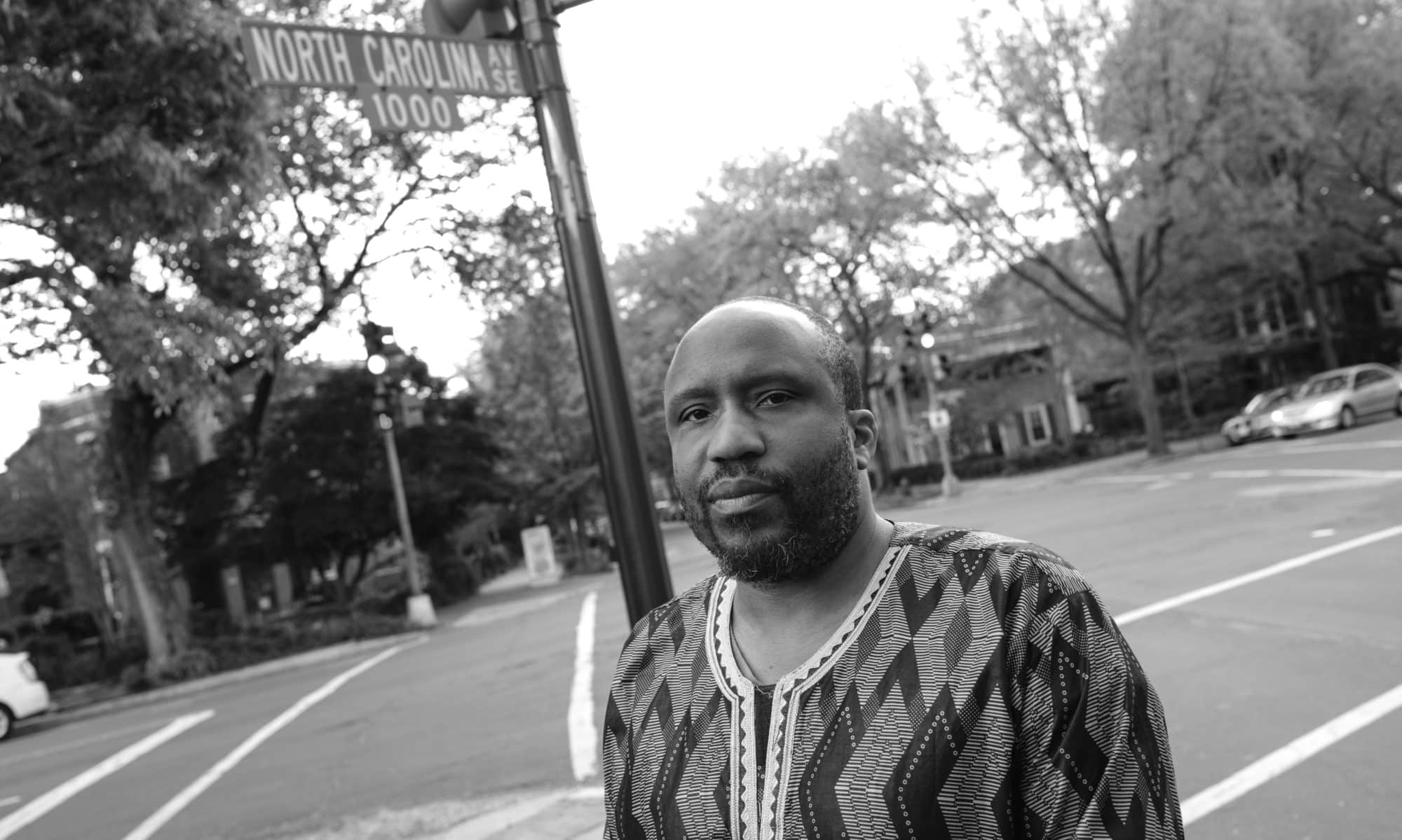Although Biden has declared the pandemic over and “the machine” has started to devour us with the business of business again, I have been thinking about some practices and maybe some lessons learned in the art world during the pandemic that I think we need to consider and continue. I think this is particularly true for Black artists, arts organizations, curators, and creative practitioners of all stripes.
If you are reading this and you know me well, you know I have been on my soapbox about Black artists creating repositories of our work for some time. I always think about the importance of repositories like PennSound, From the Fishhouse, and others and how much I learned from being able to listen to those recordings.
In the Early 2000’s I bought a mini-disc recorder to start documenting poetry readings, lectures, and other activities I wanted to make sure I had in my own “archive” to re-visit and enjoy. A few years later, artist Holly Bass included me in a grant she was writing to do a production of Langston Hughes and Charles Mingus’ Weary Blues. We used a Zoom H4n to record and document the session at Busboys and Poets (14th&V).
These two devices have enabled me to document so many events that will be important in the study of our cultural production.
In thinking about how the pandemic has changed us and how things are starting to return to “normal,” I am also thinking about how we may miss some really important opportunities if we are not mindful.
Although we grapple with technological advancements, they also provide opportunities for us to document, preserve, share, and connect beyond the boundaries of what we may think of as our target “communities.” During the pandemic, we were all enabled to connect beyond geographical and time boundaries.
Zoom and other virtual platforms enabled us to build relationships in places we may never get to travel. These platforms also gave us the ability to record and share these convenings with greater audiences.
What has disappointed me over the last year or so, as the pandemic has been “winding down,” fewer and fewer events are offering virtual viewing options, which could very well mean the opportunity to record, document, and preserve these events. The added injury is that those communities that were able to connect during the pandemic are now cut off from that programming. To flip it another way, it is also quite possible that arts orgs are now cut from potential supporters and new donors because they can no longer take part. For Black artists, I think it is a unique missed opportunity because these networks amplify our work and put us in conversations and spaces that help us build the kind of community will need, particularly as our books are being banned, our art being challenged by aesthetes who try to keep us in the crosshairs of their can(n)ons.
If nothing else, the pandemic has definitely shown us (again) that we cannot only use technology to build communities that overflow boundaries and create connections we not ordinarily make but also to build and maintain archives at a time when continued and sustained attacks on our narratives, our work, and our lives are raging.
As I was writing this reflection, I came across this fascinating conversation at the Harvard University Center for African Studies. It is the pilot episode of the Black Archive Visual Podcast featuring a conversation between Sihle-Isipho Nontshokwen and Siseko H. Kumalo.
I love the conversation they are having…I was having all the feels listening to this conversation; they are continuing to ask questions that our elders and ancestors asked and creating targeted work as tactical approaches to repair, re-member and redeem our people to one another …I will be chewing and churning on this one for some time. I look forward to the next episode of this podcast.
